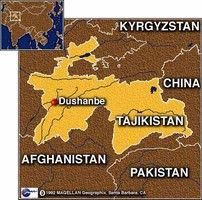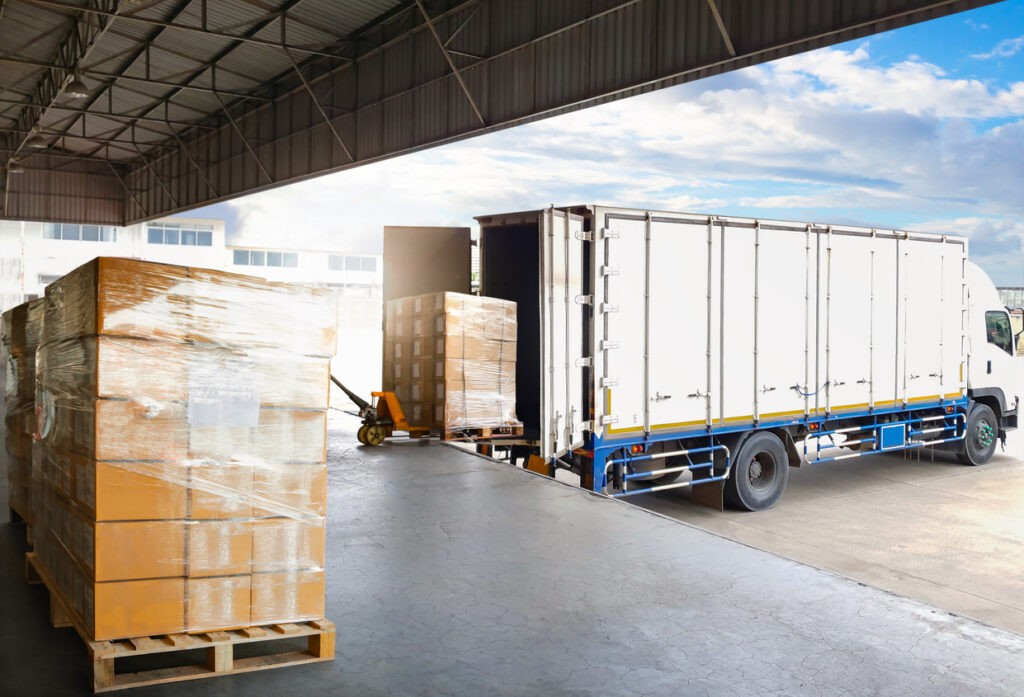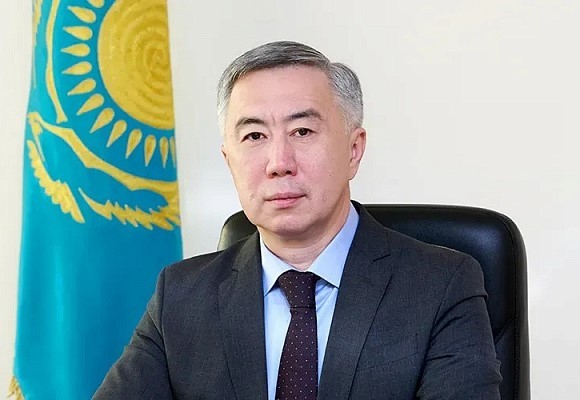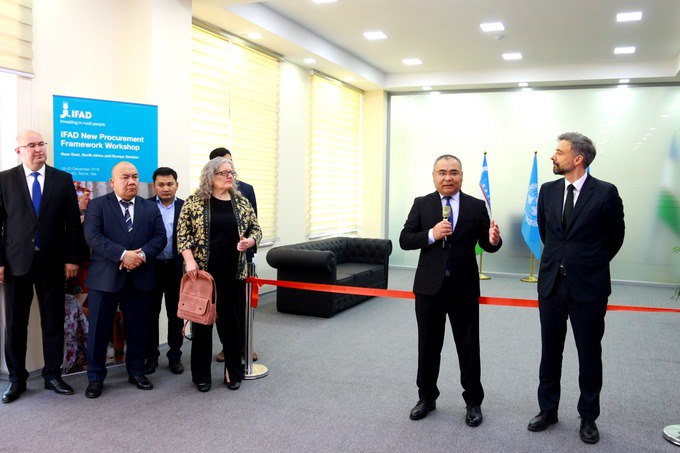DUSHANBE (TCA) — Two projects that aim to address fragility risks and increase social resilience in Tajikistan’s vulnerable regions were approved on June 20 by the World Bank’s Board of Executive Directors. The grant financing of $30 million for the Rural Economy Development Project and $37 million for the Socio-Economic Resilience Strengthening Project were allocated from the International Development Association’s (IDA) Risk Mitigation Regime. The projects will be implemented in Tajikistan’s southern Khatlon region and eastern Gorno-Badakhshan Autonomous Oblast (GBAO), which both border Afghanistan.
“Tajikistan is among four countries globally that will benefit from additional resources from the World Bank to tackle the risks associated with fragility, violence and conflict,” said Jan-Peter Olters, World Bank Country Manager for Tajikistan. “We worked closely with the Government of Tajikistan and other partners to identify risks that may hamper Tajikistan’s growth and developed a set of interventions aimed at increasing opportunities for vulnerable groups and reducing the risk of social and economic exclusion of remote communities.”
The Rural Economy Development Project will help develop increased income opportunities for local populations by investing in two sectors with large potential in GBAO and Khatlon — tourism and agribusiness. The project will also support public investment in infrastructure at cultural sites and allow for grants to communities for improving small local agribusiness infrastructure, including local markets.
The project will provide matching grants to farmers and micro, small and medium sized enterprises (MSMEs) in tourism, agribusiness, and related sectors to improve post-harvest storage and processing, and to strengthen the quality of tourism services.
Beneficiaries of the project include municipalities, public markets, museums, communities, farmers, agro-processors, as well as tourism related stakeholders such as homestays, craftspeople, tourism guides, and other employees in the tourism sector. The project will also provide extensive support to state and private organizations in tourism and agribusiness to strengthen their capacity.
The Socio-Economic Resilience Strengthening Project will support local governments and community institutions, including mahalla committees, to deliver basic infrastructure and services in line with locally identified priorities and increase livelihood opportunities for youth.
The project’s sub-grants program will finance local infrastructure improvements that address community needs, including improved access to water, better roads, and construction of new kindergartens – identified through a highly participatory community-driven approach. The project will also provide extracurricular activities for youth to gain new soft and digital literacy skills and offer training and in-kind equipment and tools to start basic economic activities.
Tajikistan is among four countries globally which have received additional funding to its regular allocation to address the risks of Fragility, Conflict and Violence, under the World Bank’s Risk Mitigation Regime (RMR) program. Economic risks, such as limited employment opportunities, coupled with security risks emanating from a 1,400 km border with Afghanistan and social risks, resulting from poor service delivery in rural areas and high rates of rural poverty are creating risks of social and economic exclusion and vulnerability.
By strengthening local institutions and promoting dialogue with citizens, creating youth inclusive services and livelihood support, and creating new economic opportunities in community-based tourism and agribusiness, these projects will help Tajikistan mitigate the risks of fragility.
Under the RMR, Tajikistan has received $98.7 million for three projects, two of which were approved on June 20, while the third project will be under consideration by the World Bank Group’s Board of Executive Directors in July 2019.









